L’adoption de technologies intelligentes et de l’intelligence artificielle (IA) dans le secteur hôtelier est une tendance croissante depuis quelques années, accélérée par la pandémie de COVID-19 et les pénuries de personnel qui en ont résulté. Les outils qui améliorent l’efficacité opérationnelle et attirent les clients sont de plus en plus populaires – mais comment choisir celui qui convient le mieux à votre marque hôtelière ?
Rattrapez l'IA pour éviter de rester en deçà des attentes de vos clients
Selon un récent rapport de PwC, 70% des directeurs d’hôtel se tournent désormais vers la technologie pour automatiser leurs opérations et améliorer leur efficacité. Si le secteur de l’hôtellerie privilégiera toujours le contact humain, les voyageurs commencent à apprécier le soutien technologique. La même étude a révélé que plus de 60% des voyageurs sont ouverts à l’utilisation d’un chatbot.
L'adéquation de l'IA conversationnelle aux communications avec les clients des hôtels Cette idée a déjà été explorée chez Revfine, ce qui a conduit à la conclusion que l’adoption de l’IA conversationnelle n’est plus seulement une question d’innovation, mais de plus en plus une question de respect des nouvelles normes établies en matière d’expérience client.
Dix étapes pour démarrer avec des solutions basées sur l'IA
Voici une liste de contrôle étape par étape pour vous aider à démarrer la mise en œuvre de solutions basées sur l’IA dans vos propriétés.
Étape 1 : Identifiez les besoins de votre hôtel
- Évaluez vos objectifs de manière réaliste. Déterminez ce que vous souhaitez réaliser avec l'IA. Les objectifs courants incluent l'amélioration de l'expérience client, l'augmentation de la fidélisation, la personnalisation des offres, l'amélioration de l'efficacité opérationnelle, l'automatisation des processus et l'augmentation des revenus.
- Tenez compte des caractéristiques de votre hôtel. Tenez compte du type, de la taille, de l'emplacement et du profil de la clientèle cible de votre hôtel. Les meilleures solutions d'IA pour l'hôtellerie doivent offrir un large éventail de personnalisations, alors ne vous contentez pas d'une approche unique.
Étape 2 : Évaluer les capacités d’intégration
- Vérifier la compatibilité. Assurez-vous que la solution d'IA s'intègre parfaitement à votre logiciel hôtelier existant, tel que votre système de gestion immobilière (PMS) ou votre moteur de réservation.
- Préparer l’avenir : Recherchez des solutions compatibles avec d’autres systèmes que vous souhaiterez peut-être ajouter à l’avenir.
Étape 3 : tester la convivialité de l’interface
- Expérience utilisateur. Évaluez l'interface de l'outil d'IA. Elle doit être intuitive et conviviale, tant pour vos clients que pour le personnel de l'hôtel. Un système facile à utiliser améliore la satisfaction des clients et garantit que votre équipe peut l'utiliser efficacement.
- Entraînement en équipe. Assurez-vous que la solution est suffisamment simple pour que votre personnel puisse l'apprendre et l'utiliser avec une formation minimale. Pour plus de conseils sur la manière de garantir une adoption réussie de la technologie, lisez notre guide pour initier les équipes hôtelières aux outils d'IA.
Étape 4 : Vérifiez l'offre de support client
- Équipe de réussite client. Vérifiez que le fournisseur de solutions propose un support client dédié et réactif. Vos équipes doivent être bien formées et accompagnées tout au long des phases de mise en œuvre et d'utilisation. Recherchez des certificats officiels provenant de plateformes d'analyse comparative du secteur.
- Recherchez des ressources disponibles, comme un centre d’aide ou une base de connaissances, auxquelles votre personnel peut accéder à tout moment pour la formation et le dépannage.
Étape 5 : Assurer la confidentialité des données et la cybersécurité
- Assurez-vous que la solution d'IA est conforme aux réglementations sur la confidentialité des données telles que le RGPD. La sécurité des données est primordiale car la solution traitera des informations sensibles sur les clients. N'hésitez pas à poser des questions détaillées au fournisseur de l'outil d'IA.
- Recherchez des solutions qui utilisent HTTPS ou des protocoles similaires pour sécuriser les communications entre les appareils invités et les serveurs.
Étape 6 : Mesurer et analyser les performances
- Des informations exploitables. Choisissez une solution qui fournit des analyses détaillées et des mesures de performance. Ces données vous aideront à suivre les progrès, à identifier les domaines à améliorer et à prendre des décisions éclairées.
- Outils de reporting. La solution doit offrir des fonctionnalités de reporting complètes pour surveiller les performances de l’IA et de votre équipe.
Étape 7 : Optez pour un fournisseur de solutions dédié à l’innovation
- Améliorations en cours. Choisissez une solution qui est continuellement mise à jour et améliorée. Cela vous garantit d'avoir accès aux dernières fonctionnalités et avancées en matière de technologie d'IA. Dans le cas de l'IA conversationnelle, recherchez l'auto-apprentissage et IA générative
- Fonctionnalités futures. Étudiez la feuille de route ou les orientations stratégiques du développement futur pour vous assurer que la solution continuera à répondre à vos besoins.
Étape 8 : Recueillir des avis et des commentaires
- Évaluations par les pairs. Demandez l’avis d’autres hôteliers qui utilisent la solution. Leurs expériences peuvent fournir des informations précieuses.
- Avis indépendants. Consultez les plateformes d’évaluation indépendantes pour des évaluations et des notes impartiales.
- Études de cas. Recherchez des études de cas et des témoignages pour voir comment la solution a bénéficié à d’autres hôtels.
Étape 9 : Évaluer le coût et le retour sur investissement potentiel
- Assurez-vous que la solution d'IA correspond à votre budget. Tenez compte à la fois des coûts d'installation initiaux et des dépenses courantes.
- Demandez au fournisseur de vous aider à comprendre le retour sur investissement potentiel et la meilleure façon de le calculer s’il ne s’agit pas d’un processus simple.
Étape 10 : Alignement des valeurs de la marque
- Des valeurs partagées. Vérifiez si les valeurs et la culture de l'entreprise correspondent aux vôtres. Par exemple, est-elle soucieuse de l'environnement et promeut-elle une bonne éthique de travail ? Choisir une marque, c'est aussi soutenir ses valeurs.
- Spécialisation en hôtellerie. Recherchez un fournisseur de solutions qui se concentre spécifiquement sur le secteur de l'hôtellerie, comme HiJiffy, afin de s'assurer qu'ils connaissent les défis actuels des hôteliers.
Avantages de la mise en œuvre d’une solution basée sur l’IA
Il est utile de récapituler les principaux avantages de l’introduction de l’IA conversationnelle dans votre hôtel pour vous permettre de rester concentré sur la situation dans son ensemble tout au long du processus de mise en œuvre.
- Expérience client améliorée : L'IA améliore les relations clients grâce à des interactions personnalisées et instantanées, couvrant l'ensemble du parcours client, de la réservation au départ.
- Augmentation de la rétention des clients : Des expériences clients de qualité augmentent la satisfaction et la fidélité. L'IA peut également renforcer votre programme de fidélité.
- Personnalisation des offres et services : L'IA analyse les données des clients pour proposer des campagnes sur mesure. Les voyageurs apprécient beaucoup la personnalisation.
- Efficacité opérationnelle améliorée : L'IA permet de gérer les demandes des clients sur différents canaux, en les hiérarchisant et en les attribuant aux services concernés, facilitant ainsi le travail d'équipe.
- Automatisation des processus : Automatisez les tâches répétitives telles que l'enregistrement et le départ et la réponse aux questions fréquemment posées, permettant au personnel de se concentrer sur des tâches à plus forte valeur ajoutée.
- Augmentation des revenus : Les solutions d'IA stimulent les réservations directes et les opportunités de vente incitative, augmentant ainsi les revenus.
En suivant cette liste de contrôle, vous choisirez la solution la mieux adaptée à vos besoins. Améliorez l'efficacité, personnalisez les services et augmentez les revenus : gardez une longueur d'avance dans le paysage concurrentiel de l'hôtellerie et offrez la référence absolue en matière de communication avec les clients.
Plus de conseils pour développer votre entreprise
Revfine.com est la plateforme de connaissances leader dans le secteur de l'hôtellerie et du voyage. Les professionnels utilisent nos connaissances, nos stratégies et nos conseils pratiques pour s'inspirer, optimiser leurs revenus, innover dans leurs processus et améliorer l'expérience client.Découvrez des conseils d'experts sur la gestion, le marketing, revenue management, les opérations, les logiciels et la technologie dans notre Hôtel, Hospitalité, et Voyages et tourisme catégories.

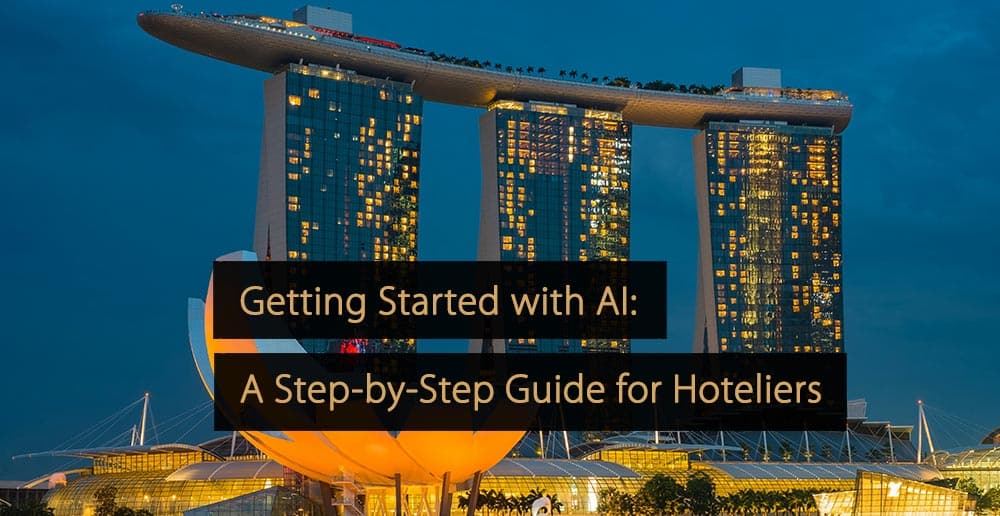
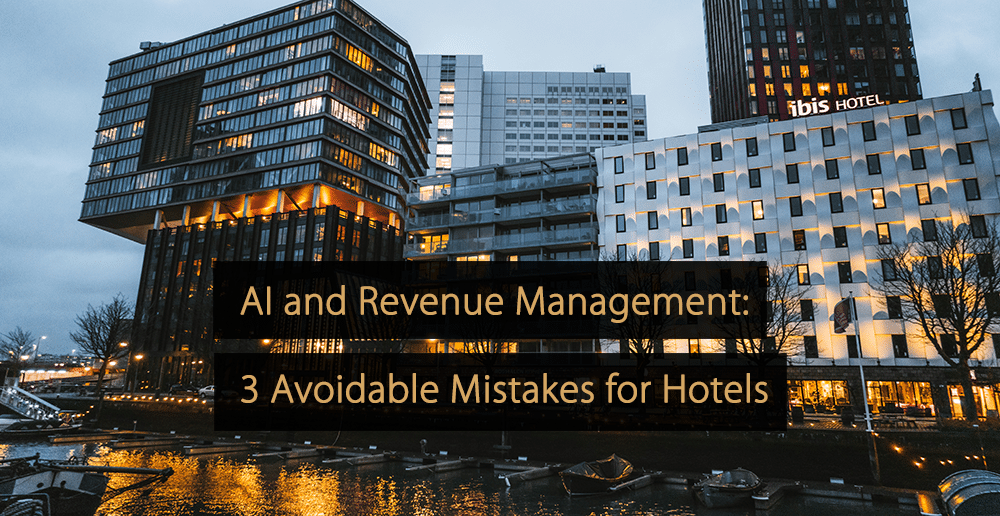
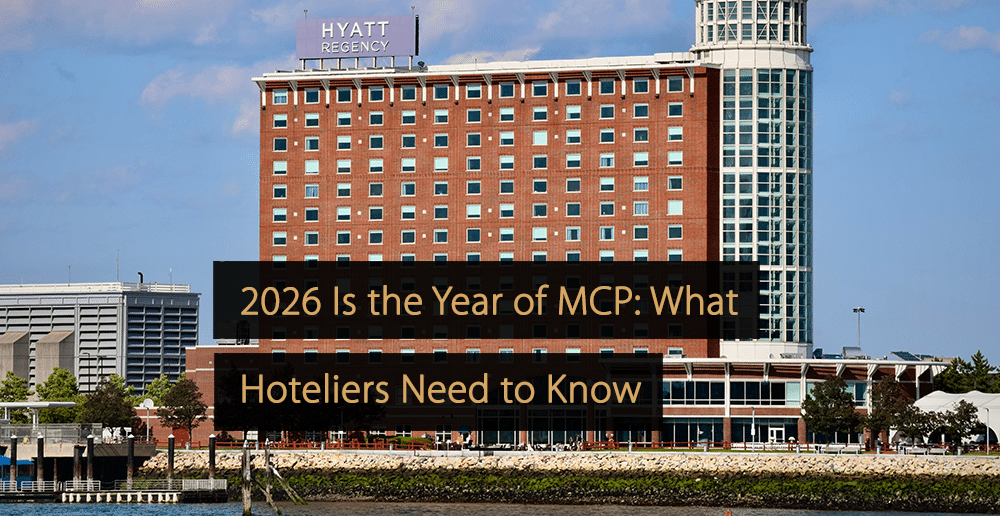
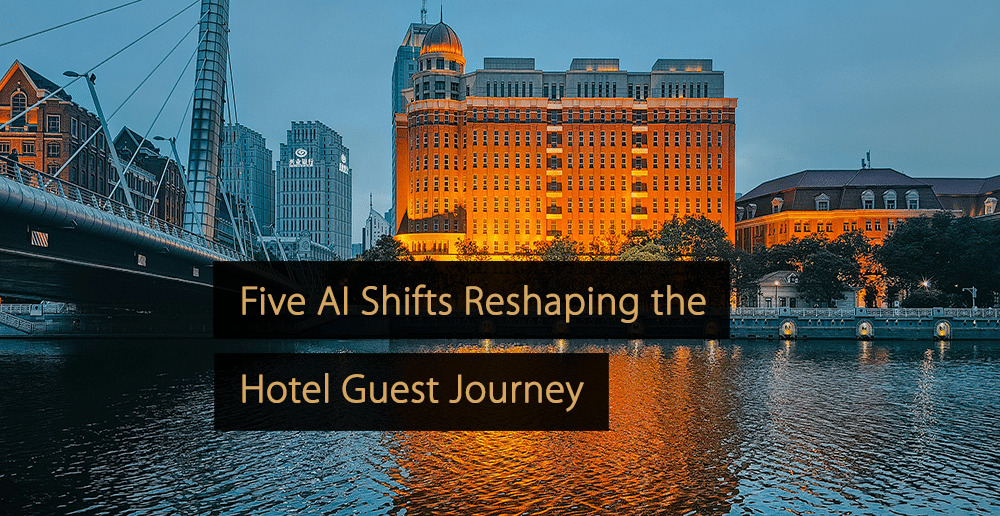
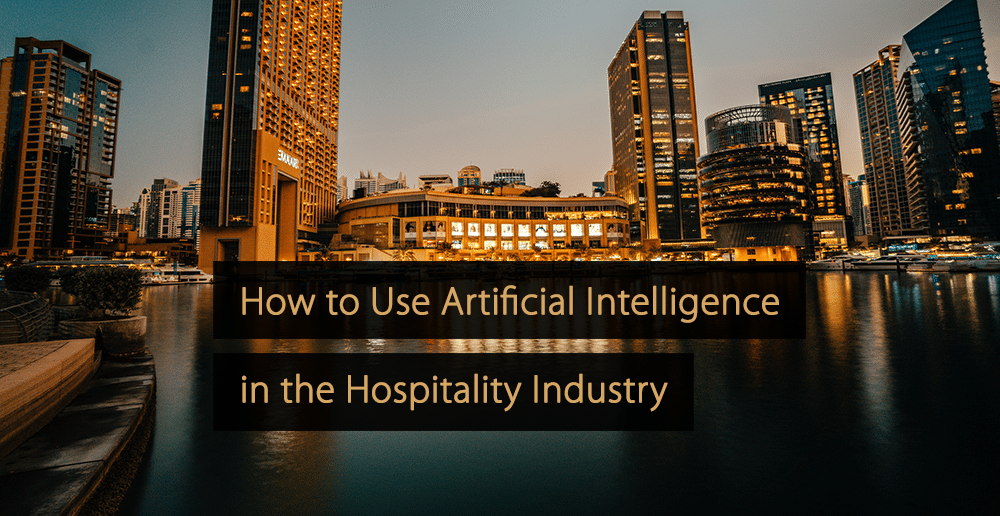

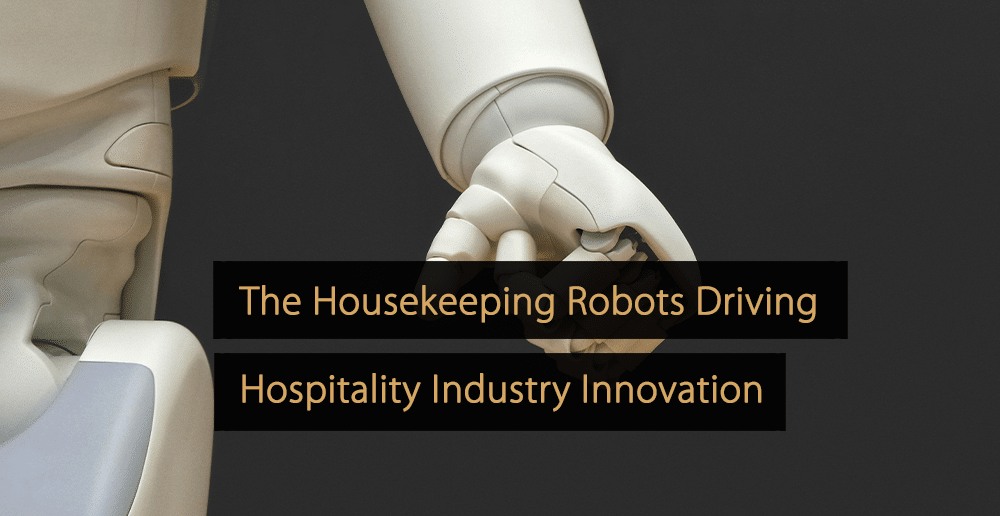
Leave A Comment